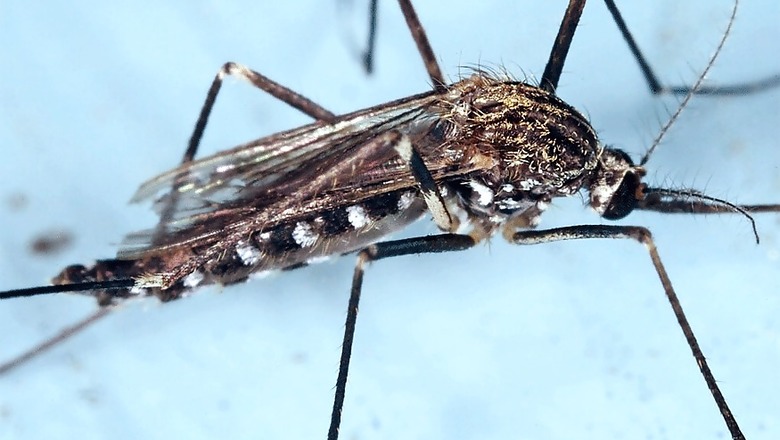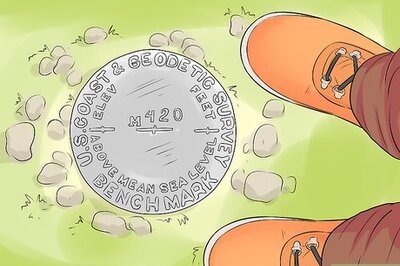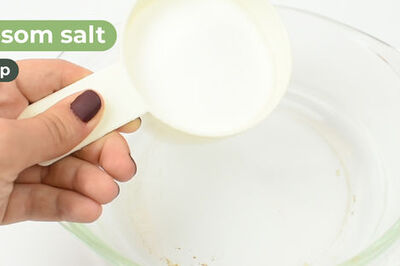
views
With the threat of dengue, malaria, chikungunya and other mosquito-borne diseases looming large during monsoons, protection from mosquitoes becomes even more important during rains. Many people are apprehensive about the safety of mosquito repellents such as DEET-based bug sprays, worrying they do more harm than good.
So what’s the truth?
First of all, DEET or diethyltoluamide has received the seal of approval from the US Environmental Protection Agency which clears its use in people of all ages, including children.
Some people experience rashes, skin or eye irritation, and even seizures after using DEET-based sprays.
But the National Pesticide Information Center attributes such cases to people drinking DEET-based products or not following the prescribed directions.
The active ingredient in most common insect repellents, DEET has been used for more than half a century as protection against mosquitoes and ticks.
“It’s the most effective ingredient we have,” The Cleveland Clinic, an American academic medical center, quotes dermatologist Amy Kassouf as saying.
Nonetheless, it’s always important to use DEET-based repellants, or any other chemical for that matter, carefully.
The Ohio-based Cleveland Clinic recommends the following safety tips:
Use DEET in lower concentrations as products with even 10% DEET are enough to repel mosquitoes for about two hours, while those with concentrations of 20% to 30% last around five hours.
It is also important to limit exposure by avoiding DEET sprays on cuts or irritated skin.
While using DEET sprays, make sure the space around you is well-ventilated to avoid breathing in the chemical.
Make sure to keep kids as far as possible from using DEET sprays on their own.
Also, one-time use of DEET is enough for the day, unless you are in a heavily-infested area.
The American Academy of Pediatrics does not recommend using DEET products in infants less than two months old.
The effects of DEET products hasn’t been specifically studied in pregnant women, according to Dr. Kassouf.
Pregnant women should thus minimize the use of DEET products
If you are still unsure about using DEET, you can try natural bug sprays, such as citronella and lemon eucalyptus oil.
But these are likely to do you any good in areas with high incidence of mosquito-borne illnesses.
“DEET is still the gold standard,” Dr. Kassouf says. “Used correctly, it prevents more health problems than it causes by far.”




















Comments
0 comment